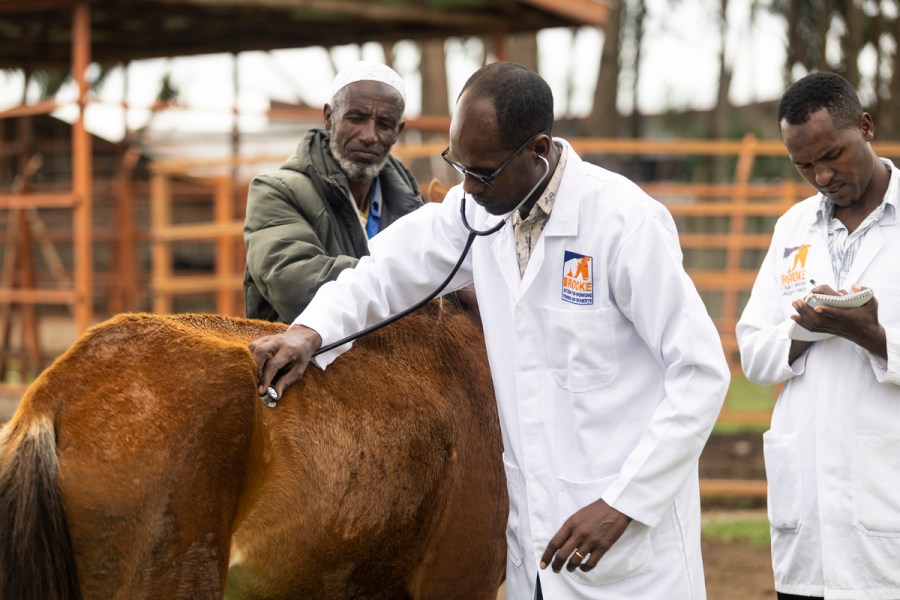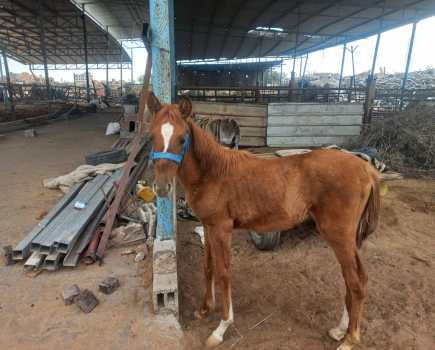The World Veterinary Association (WVA) and equine charity Brooke have launched the first-ever global list of essential veterinary medicines for food producing animals. The list will help to improve access to safe and effective medicines and vaccines for vets around the world and act as a valuable tool to help respond to the threat of Antimicrobial Resistance (AMR) and to support pandemic prevention plans.
Dr Shereene Williams, Brooke’s Senior Manager of Global Animal Health, said the charity was “incredibly proud” to have led the development of the EVML alongside the WVA.
“This list is the product of global veterinary expertise and collaboration and is a critical first step in ensuring all animals around the globe have access to medicines and vaccines to keep them healthy and minimise their pain and suffering,” she said.
In a survey of vets conducted by the founders of the list, 80% of respondents felt that challenges in accessing medicines restricts their ability to address animal health and welfare.
The new list gives regulatory authorities and governments a blueprint for countries or regions to develop their own tailored lists, considering the pathogens and diseases specific to their region. This will help ensure that medicines are more readily available to all veterinary professionals and help prevent future pandemics of zoonotic diseases like COVID-19 and avian influenza.
The list is also a valuable tool in reducing the growing threat of AMR and adheres to World Organisation for Animal Health (WOAH) recommendations on prudent antimicrobial use.
“The EVML will help vets and authorities in making better choices of medicines, biologics and vaccines supply, fitting to local needs,” said Dr Olatunji Nasir, WVA’s Pharmaceutical Stewardship Working Group Chair.
“As veterinarians we are gatekeepers of the next pandemic because of the profound roles we play in the control of zoonoses, this is a responsibility that we share with authorities and agencies in our various jurisdictions. Together, we stamp our feet in the one-health pathway.”
Lead image of a vet treating a horse in Ethiopia. Credit Bill Bradshaw via Brooke









